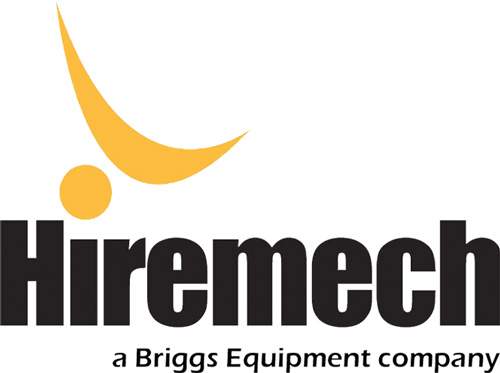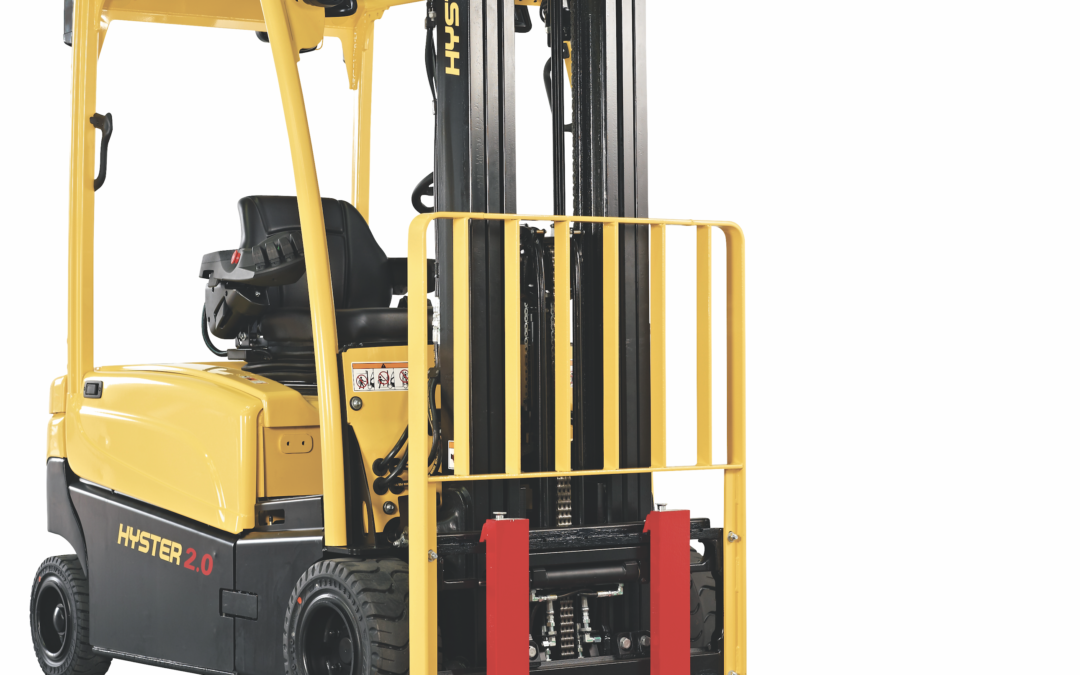When deciding which type of forklift is the right choice for your needs, it can feel daunting to know how to make the right decision. With so many different styles, shapes, and sizes of forklift on the market, it is important to ensure that you find the type of forklift that is best suited to your needs.
A popular choice of forklift, is an electric forklift. Whilst there are many similarities between electric forklifts and more traditional, gas and diesel operated machines, there are some notable differences that are important to take into consideration. As such, here is a list of answers to the most common questions asked about electric forklifts to help you make the most informed decision possible about the best forklift for you.
1) How long do electric forklifts last?
When it comes to determining how long electric forklifts last, the lifespan is usually measured in hours. If an electric forklift is used on a single-shift operations with an 8-hour working day, the average forklift will be running for approximately 2,000 hours per year. An average electric forklift has a predicted lifespan of 10,000 working hours – thus it should last for approximately 5 years.
2) Can electric forklifts be used outside?
Electric forklifts are typically designed to work best indoors or in colder climates, and so theoretically it could be used outside. However, it is advisable that if the majority of the working hours of a forklift are expected to occur outside, then a gas or diesel alternative should be sought.
3) Can electric forklifts be used in the rain?
Following on from the last point, an electric forklift should never be used in places where rain or snowfall are frequent occurrences. Exposure to rain or snow can lead to electric forklifts short circuiting, and thus the dangers require the use of an alternative gas or diesel forklift.
4) Do electric forklifts require fire extinguishers?
There is no legal requirement to equip electric forklifts with fire extinguishers. However, it is advisable that the working conditions an electric forklift is expected to operate within should be evaluated for potential fire hazards, and if it is a high risk area, then equipping the forklift with a fire extinguisher would be a good idea. Moreover, if an area is deemed high risk for potential fires, then there may be regulations that require employees to have adequate fire protection.
5) Can I use a car battery for an electric forklift?
As car batteries are constructed for different purposes, the use of a car battery in an electric forklift is not suitable. Electric forklift batteries are of a type known as “deep cycle”. This means the battery is able to be discharged and recharged multiple times during the expected lifespan of the battery.
6) How do I charge an electric forklift?
As has just been mentioned, electric forklift batteries are designed to be of a deep cycle variety. An electric forklift deep cycle battery can be recharged using a special compatible battery charger that takes its power from regular mains electricity. It is recommended that the deep cycle battery is given a full 8-hours to ensure a complete and thorough charging.
7) What type of power supply do I need to charge an electric forklift?
The charger that you will need to repower an electric forklift depends entirely on the size of the battery, and thus on the size of the forklift. An electric forklift charger will gain its power from mains electricity, and the size of the required charger will depend on whether it is a single or three phase charger.
8) How fast does an electric forklift drive?
An electric forklift has the same performance levels as gas and diesel forklifts. The maximum allowable speed for any kind of forklift during operation is 8mph, and therefore in terms of speed, you will not notice any difference between an electric forklift compared to a gas or diesel forklift.
9) Are electric forklifts more cost effective than gas and diesel forklifts?
In general, electric forklifts are more cost effective than gas and diesel alternatives. Electric forklifts have fewer moving parts than their gas and diesel counterparts, and thus have lower maintenance requirements. Moreover, there is no need for oil changes or tune ups, and this helps to keep maintenance costs low. Furthermore, the cost of charging an electric forklift is lower than the cost of refuelling gas and diesel forklifts. However, electric forklifts have higher initial investment costs due to the necessity of purchasing an industrial battery and charger, but in general, electric still remains more cost effective.
10) What is the biggest electric forklift that you can get?
The largest electric forklift that can currently be purchased on the market has a 25 tonne lifting capacity. If you require heavier loads to be lifted, then perhaps looking into gas and diesel alternatives may be the way to go.
To learn more about how an electric forklift can benefit your business, contact us today!

 020 8880 3322
020 8880 3322